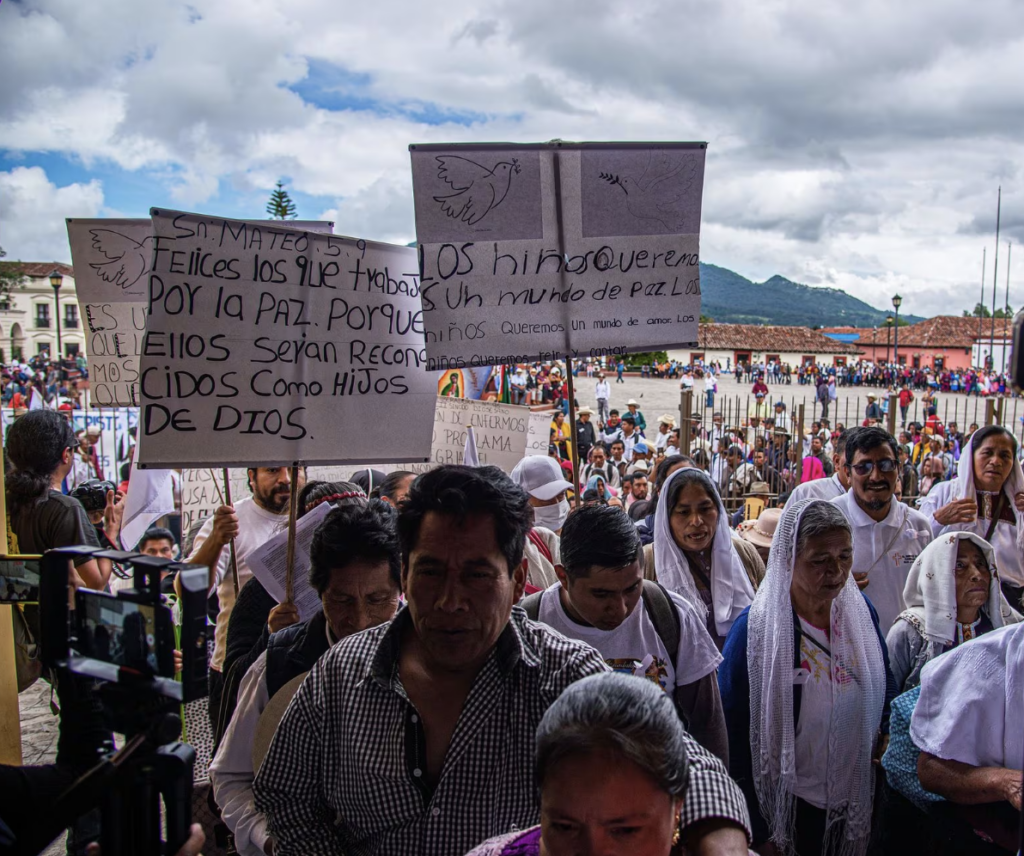During President Calderón’s tenure, the Federal Attorney General’s Office (PGR) has opened 638 investigations into suspected money laundering operations —a record number— though the amount of money seized is low compared to the scope of such operations in Mexico, according to international organizations.
According to the unit of the PGR charged with investigating illicit earnings and counterfeit currency, investigations into money laundering operations have led to the seizure of $338,044,691 in U.S. dollars and 200,595,166 pesos (roughly $15.5 million U.S. dollars)from individuals in possession of large sums of money who could not account for their origin, and in raids on buildings and businesses linked to organized crime. The International Monetary Fund (IMF) and the U.S. Office of National Drug Control Policy (ONDCP) estimate that a total of between $8 – 39 billion dollars are laundered annually in Mexico, principally by drug trafficking organizations (DTOs).
The PGR reports that DTOs have diversified their methods of laundering illicit proceeds, particularly with the help of currency exchange and credit centers. There are roughly 3,000 currency exchange centers currently registered with the Sistema de AdministraciónTributaria (SAT), Mexico’s equivalent of the Internal Revenue Service. Germán Castro Hernández, president of the national association representing currency exchange centers, Ancec-TD, estimates that there are about 1,500 centers not registered with the SAT. Castro Hernández fears that this “black market” of currency exchange is helping to enable money laundering by Mexican drug cartels. He identified 10 regions in the country where such operations are concentrated, including the border cities of Tijuana and Ciudad Juárez, as well as major cities in Michoacán, Jalisco and Guerrero. Since 2004, currency exchange operations have been required to register with the SAT, but there are currently no sanctions for not complying.
In late August, the PGR arrested the owner of a Zapopán, Jalisco currency exchange center, charging him with involvement in a web of such centers and national banks. An employee was also arrested. The arrests came as a result of investigations into Luis Alonso Raygoza Flores, a Banamex executive in Guanajuato, accused of forming part of a money laundering network for the Sinaloa cartel.
SOURCES:
de la Luz González, María. “Acentúanacciones contra el “lavado.” El Universal. September 14, 2009.
Valdez Cárdenas, Javier. “Estarían vinculadas al crimencasi 1,500 casas de cambio en el país: Ancectd.” La Jornada. August 19, 2009.
García, Joan. “Detectan 1,500 casas de cambio irregulares.” Excelsior. August 20, 2009.
Saavedra, Alma. “Piden mejor regulación.” El Economista. August 24, 2009.
Blancas Madrigal, Daniel. “PGR descubrenexos entre casas de cambio y ejecutivos de bancos; realizanmillonariastransacciones del narco.” La Crónica de Hoy. August 28, 2009.




